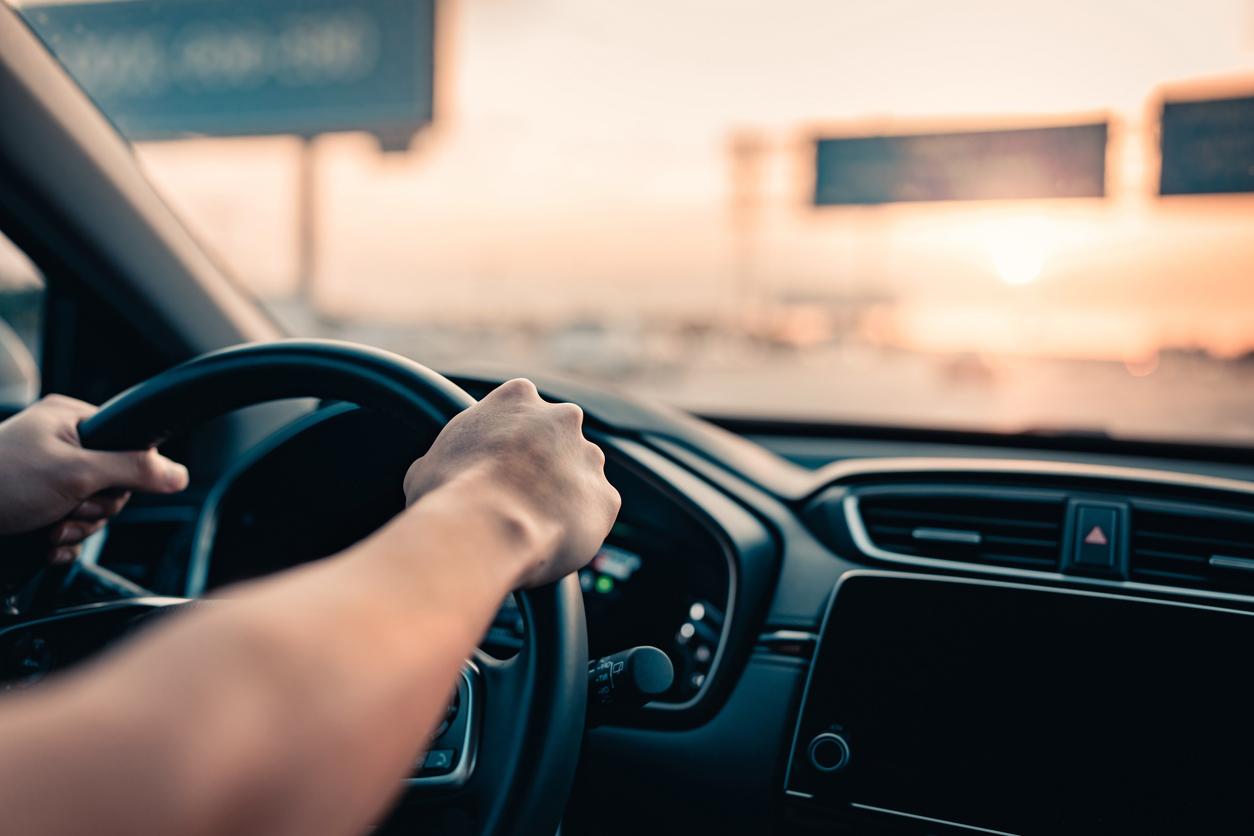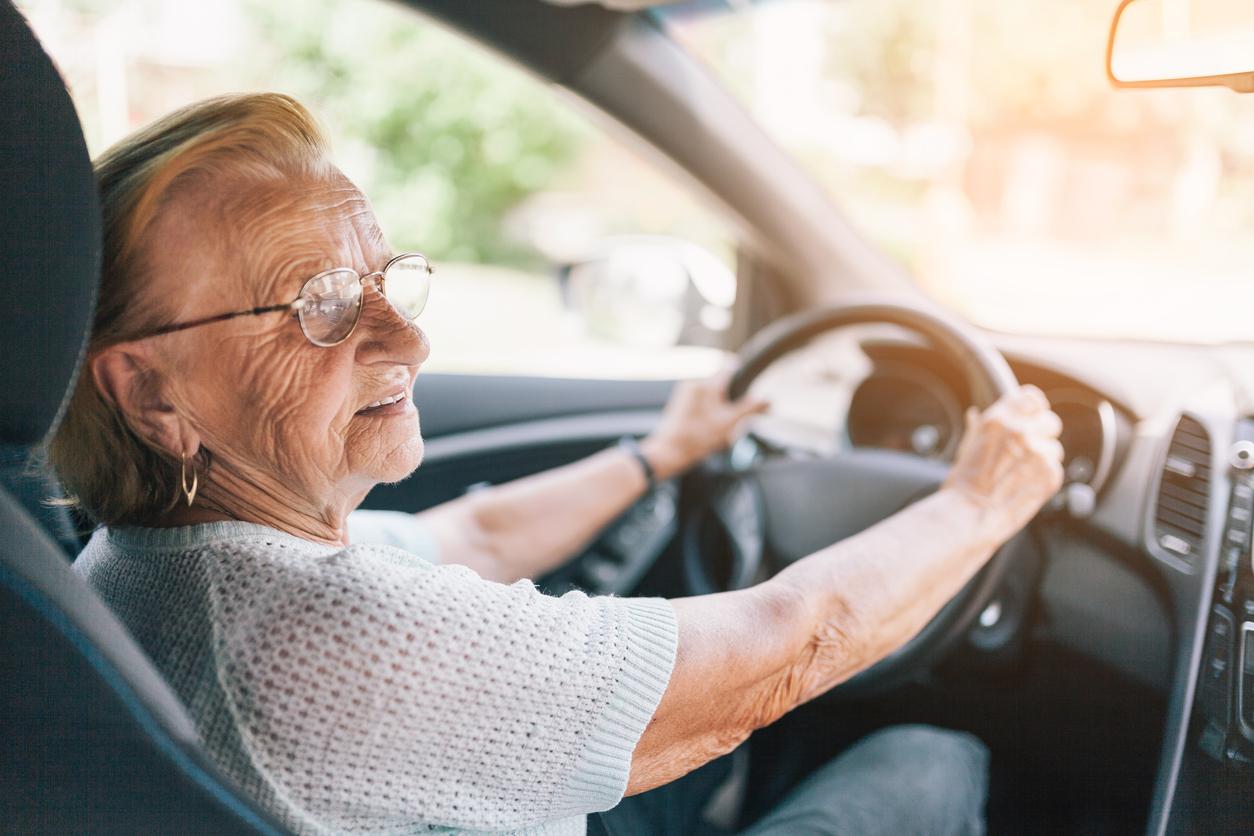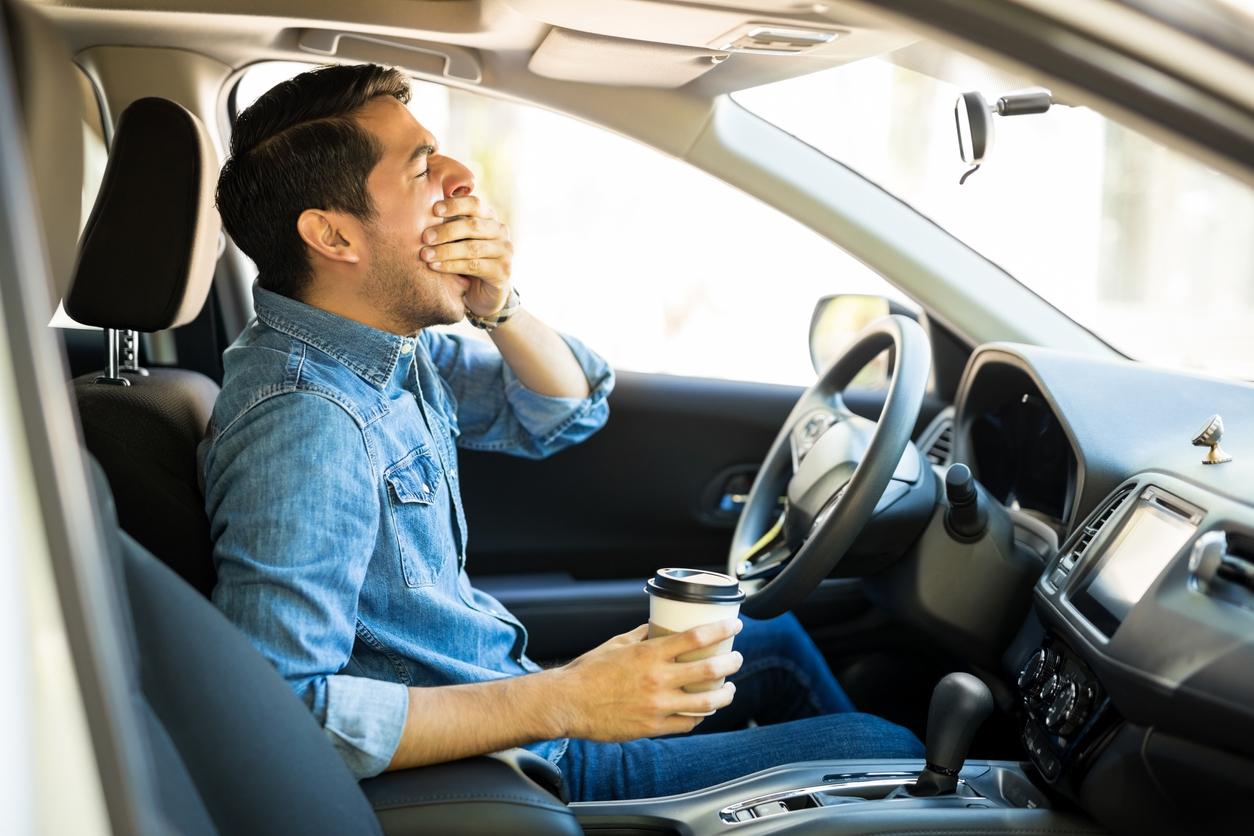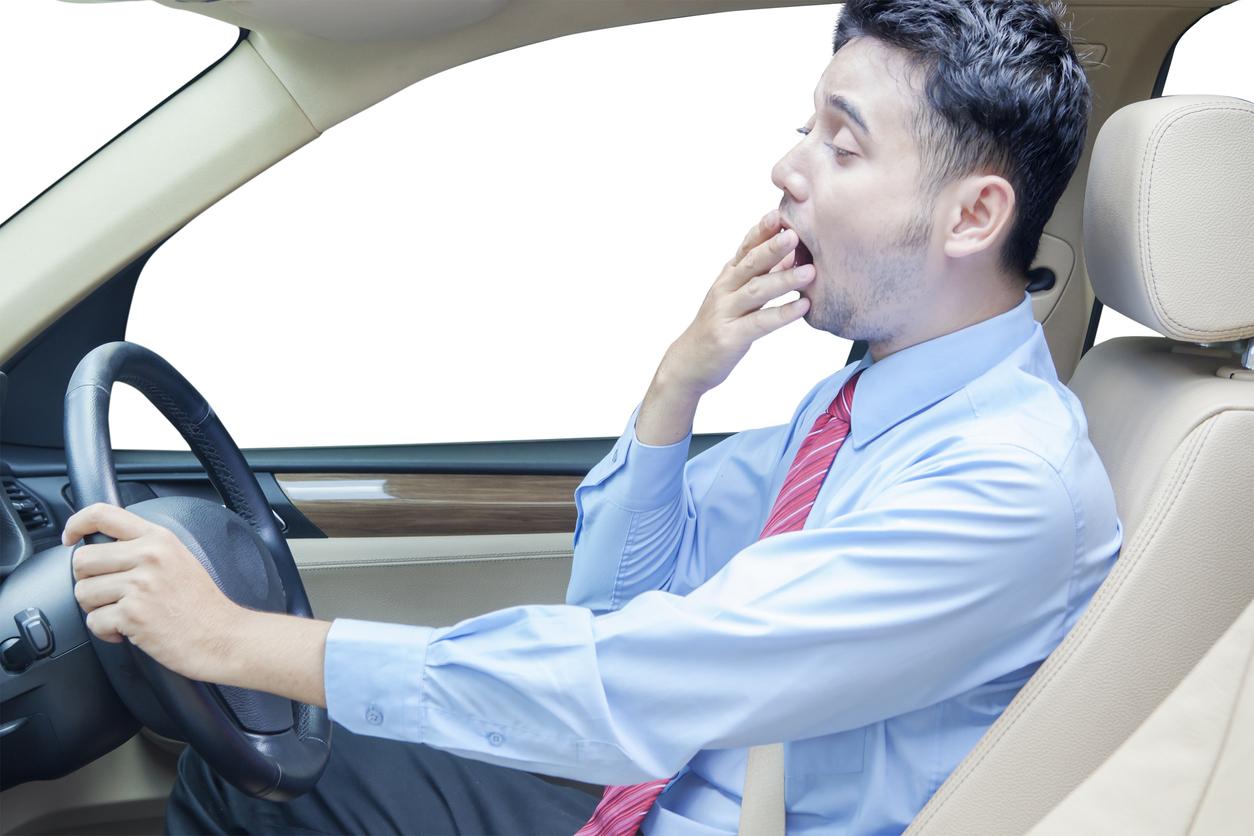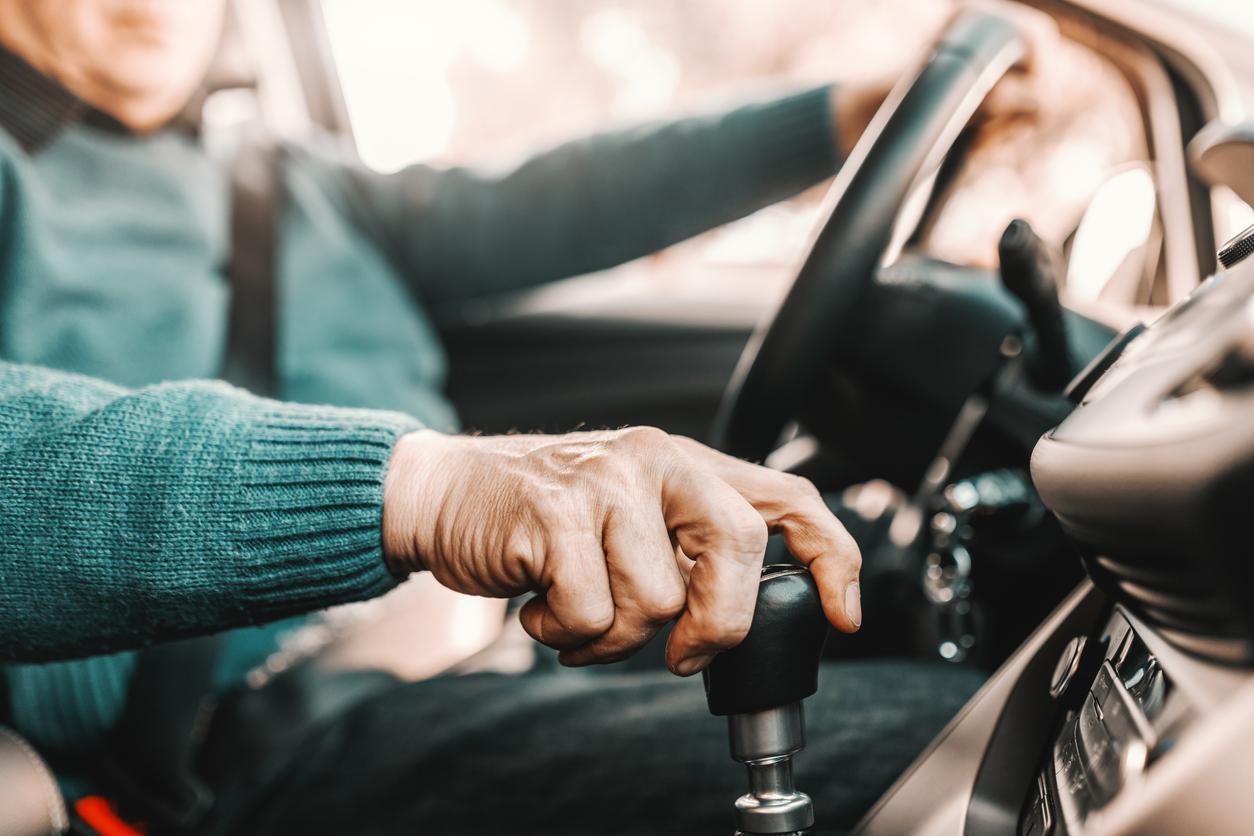Parental driving has a decisive influence on the behavior of young drivers. This is what a study of 993 young drivers aged 18 to 25 reveals.
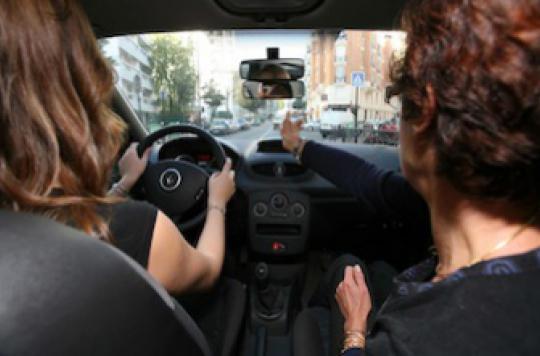
When children reproduce their parents’ behavior on the road. This is what shows the VINCI Autoroutes Foundation which unveils this Monday the results of an unprecedented study carried out by Ipsos with 993 young drivers aged 18 to 25.
The vast majority of them (65%) consider that their parents have influenced them the most, much more than the rest of their entourage (10%), or even their driving school instructors (25%). . The study thus highlights a very clear correlation between the driving behavior of parents and that of their children who have become young drivers.
Alcohol, fatigue, incivility …
For example, 37% of young drivers who saw their parents get behind the wheel after having drunk too much admit that they also sometimes drive with a blood alcohol level, which is three times more than those whose parents do not have this alcohol level. behavior (13%).
This repetition of behavior from one generation to the next is even more critical when it comes to driving fatigue: 71% of young people whose parents drive very tired do the same, compared with only 29% of young people whose parents are very tired. parents stop to rest. Similarly, 79% of children whose parents are used to taking breaks admit to adopting this practice in turn (compared to only 37% of those whose parents do not have this reflex) .
Mimicry is also spectacular when it comes to incivility towards others: three quarters of young people (72%) whose parents do not stop to let pedestrians pass do the same. Conversely, they are exactly the same proportion (72%) to give way to them when their parents show respect for pedestrians.
But not SMS and speed
In addition, it should be noted that in two cases, young people adopt risky behaviors that they did not necessarily observe in their parents: 42% call, or read and write SMS while driving, even though their parents do not use their phones while driving. And 45% exceed speed limits even though their parents strictly obey them.
Finally, while 65% of young drivers recognize that their parents’ driving had a preponderant influence on their own behavior on the road, they enjoy a very positive assessment of their driving. They thus attribute the marks of 8.1 / 10 for the mothers and 7.8 / 10 for the fathers, above that which they attribute to themselves (7.6 / 10).
.









